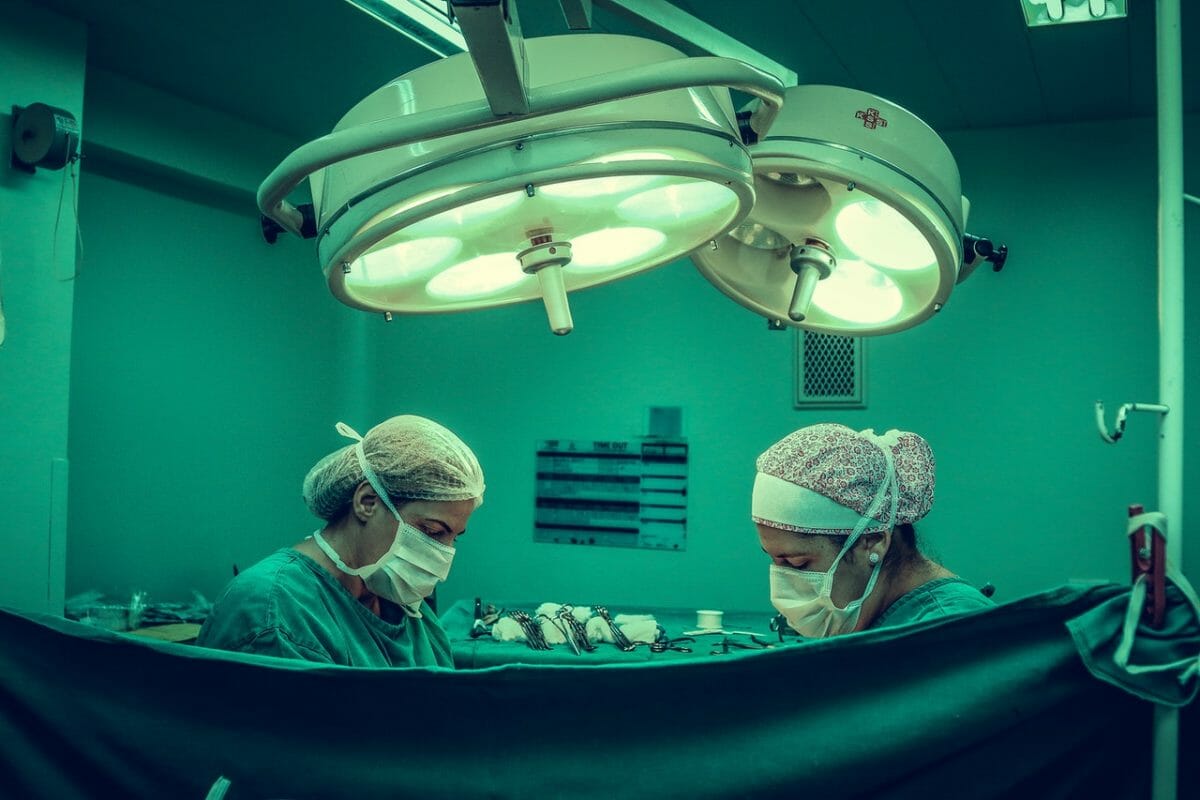Weight Loss Surgery: Some people cannot be helped to significantly reduce their excess body weight through diet, exercise, or lifestyle changes. It is something that can cause frustration, depression, and other serious health problems. But fortunately, losing weight with the help of bariatric surgery can be a great option in that case.
When other medical methods have failed, bariatric surgery can offer a long-term weight loss solution for patients who have serious obesity problems.
In the following text, read more about it and find out everything you need to know about weight-loss surgeries.
What is Sleeve Gastrectomy?
This procedure involves surgery only on the stomach (it is only a restrictive procedure) and does not involve intervention in the intestines (which would also make it a malabsorptive procedure). Practically, it consists of transforming the stomach, which looks like a pouch before the surgery, into a long tube or “sleeve”. Sleeve gastrectomy removes about 2/3 of the stomach, which enables faster satiety (feeling of fullness) and reduced appetite. As the doctors at thehealthstoreturkey.com state, the reduced capacity in turn helps reduce appetite, resulting in more successful weight loss after you have gone through with the gastric sleeve procedure. The operation consists of 3 steps:
- A small sleeve (or narrow tube) is made with the help of a surgical stapler along the inner curve of the stomach, from the pylorus of the stomach to the esophagus.
- After the sleeve is completed, the rest of the stomach is removed.
- The sphincter (circular muscle) at the exit remains where it is and enables the normal process of emptying the stomach, which all contributes to the feeling of fullness.
Advantages of Bariatric Surgery – Weight Loss Surgery
The medical and emotional benefits of weight loss begin almost immediately after surgery. The benefits that the patient has after the operation can be:
- A) Significant and permanent weight loss:
- Most patients lose weight rapidly, and this trend continues 18-24 months after surgery
- Although many patients regain some weight after 24 months, only a few regain all of their previous weight
- B) Improvement or elimination of most obesity-related conditions:
- High cholesterol
- High blood pressure
- Obstructive sleep apnea (disordered breathing during sleep)
- Hypertension
- Type 2 diabetes
- Cardiovascular diseases
- Endocrinological diseases
- Dyslipidemia
Is It an Easy Solution?
One of the misconceptions is that the surgical treatment of obesity, that is, reducing the stomach, is an easy solution, primarily intended for those who do not want to “work” to lose excess weight. Although this operation removes about 4/5 of the stomach, it does not mean that you can eat whatever you want afterward. On the contrary, a serious task follows – steely self-discipline and adherence to the diet.
The Stomach Can’t Expand
This operation is performed laparoscopically, with special instruments, through several small openings in the abdomen. In the process of recovery after the surgical treatment of obesity, it is of crucial importance to change the way of eating because bariatric surgery is not a magic solution considering that after the operation, the excess kilos can return if you do not change your eating habits.
Most people have stomachs of approximate dimensions, and it cannot be that a person weighing 200 kg has a stomach three times larger than a person who weighs three times less. We can all drink a liter and a half of water at once, and it is not true that the stomach can expand.
How Can the Kilos Come Back Despite the Surgery?
All kilos can be returned, and this should be emphasized. Success is not only an operation, it is only one of the methods.
Another operation is gastric bypass, where the stomach is reduced to a very small volume of about 50 milliliters, and a large part of the small intestine is excluded from the digestion process. It is a much more radical operation. The percentage of long-term success in regulating body weight with this operation is 80%. No surgery ensures you will be fit in the long run and for life. Dietary habits are crucial, i.e. nutrition.
Operation Is Not a Magic Wand
Surgery is a necessary option that gives you a prerequisite and a chance to put yourself in order because no one can do it but you. It gives patients a chance that their stomach will be smaller, that they won’t have an appetite like before, and that they will feel full much earlier, but if they want to prove that this “surgery doesn’t work”, they can do it very easily. That’s why the psyche is important.
Now that you know all the most important information, it will be easier for you to decide. We hope that you will reach your desired weight and that this journey will be easy for you and without regrets.



